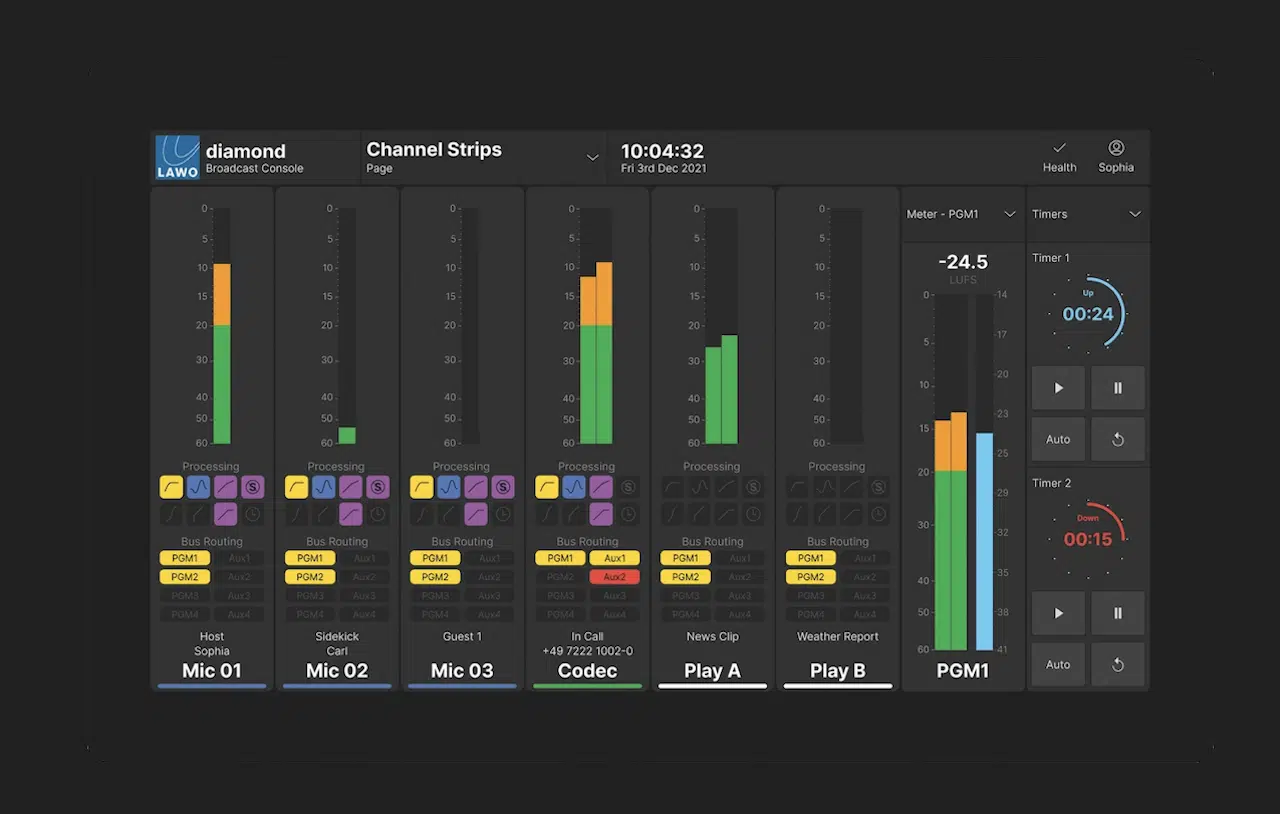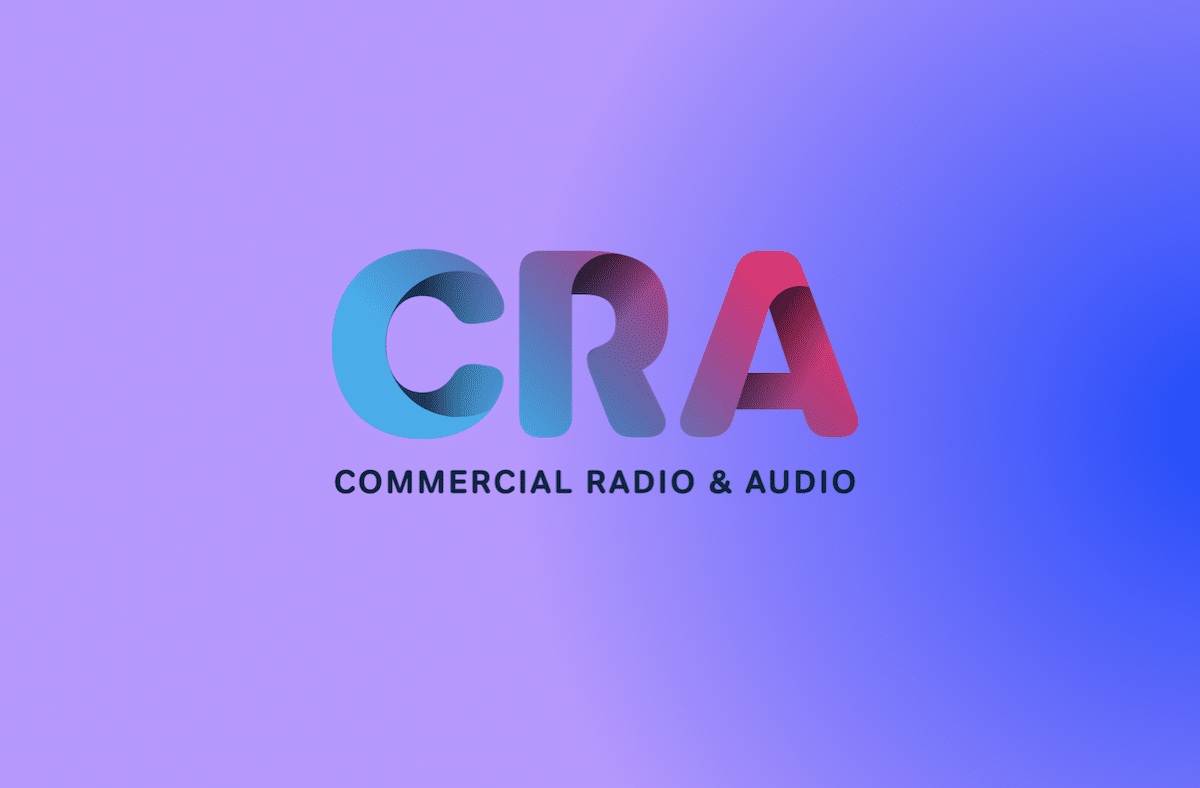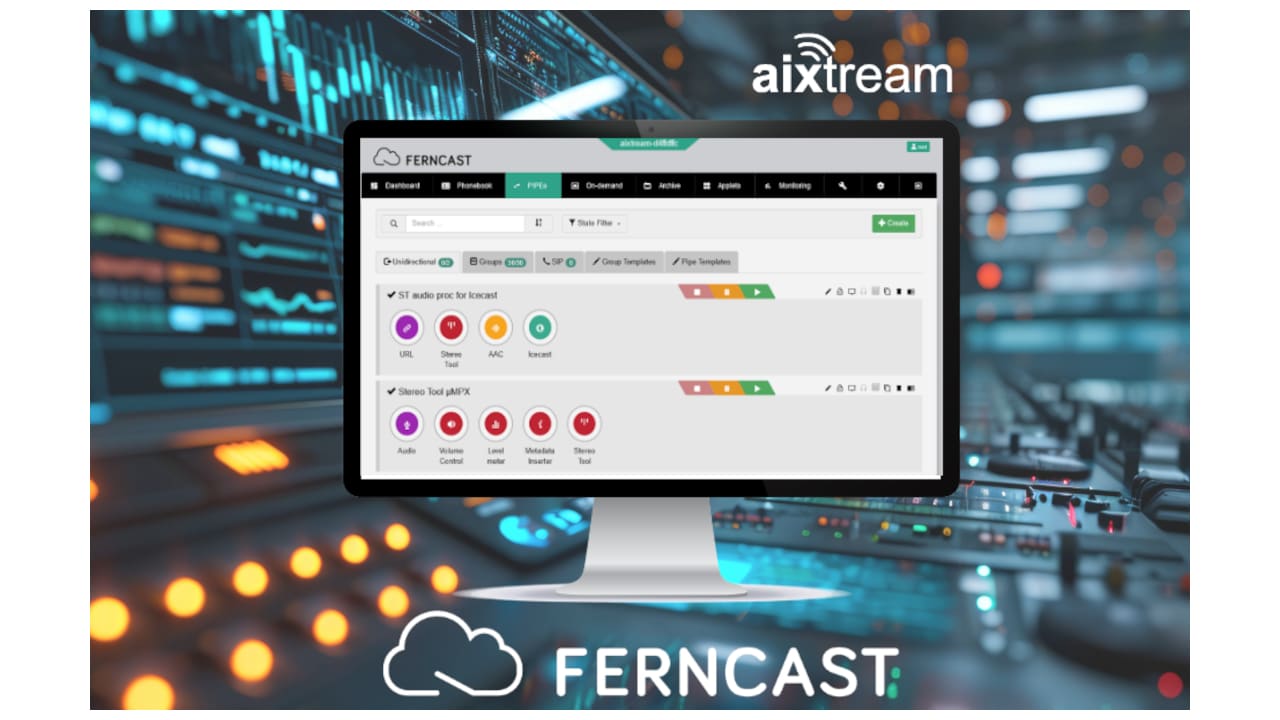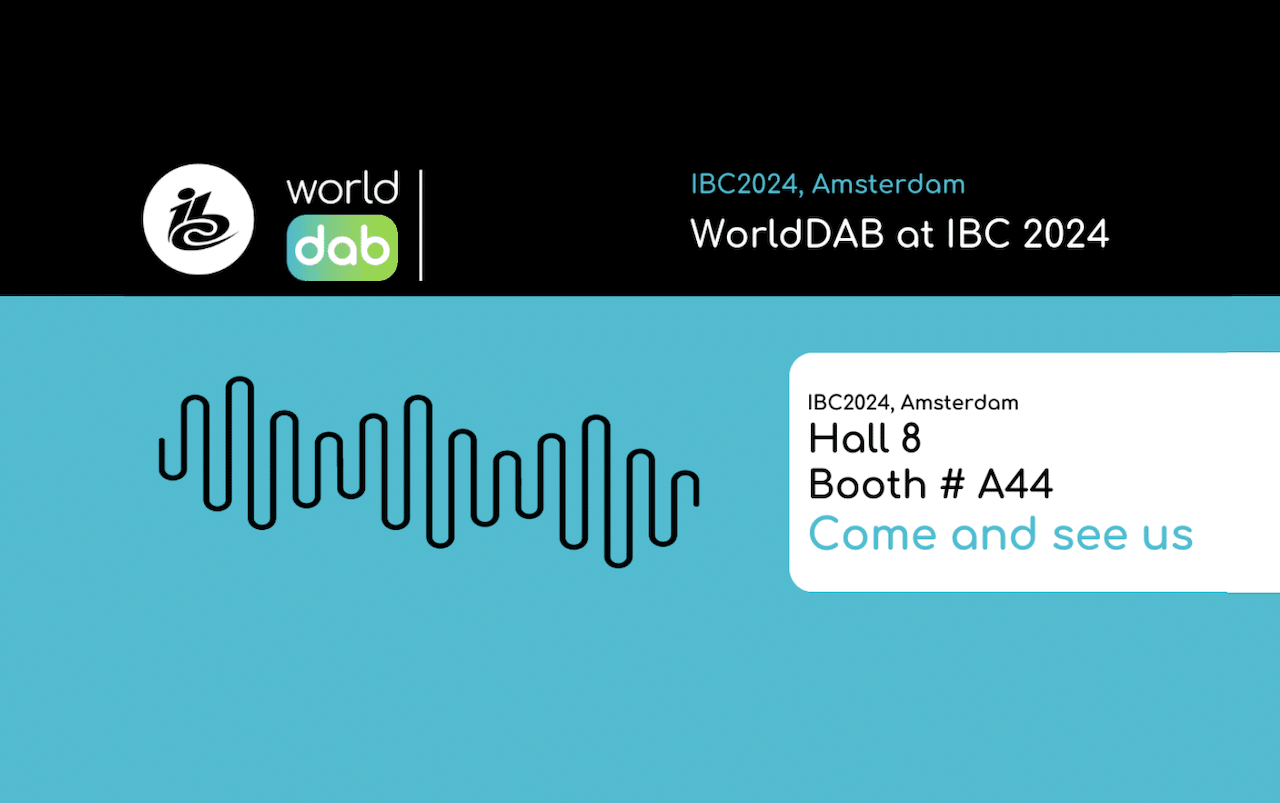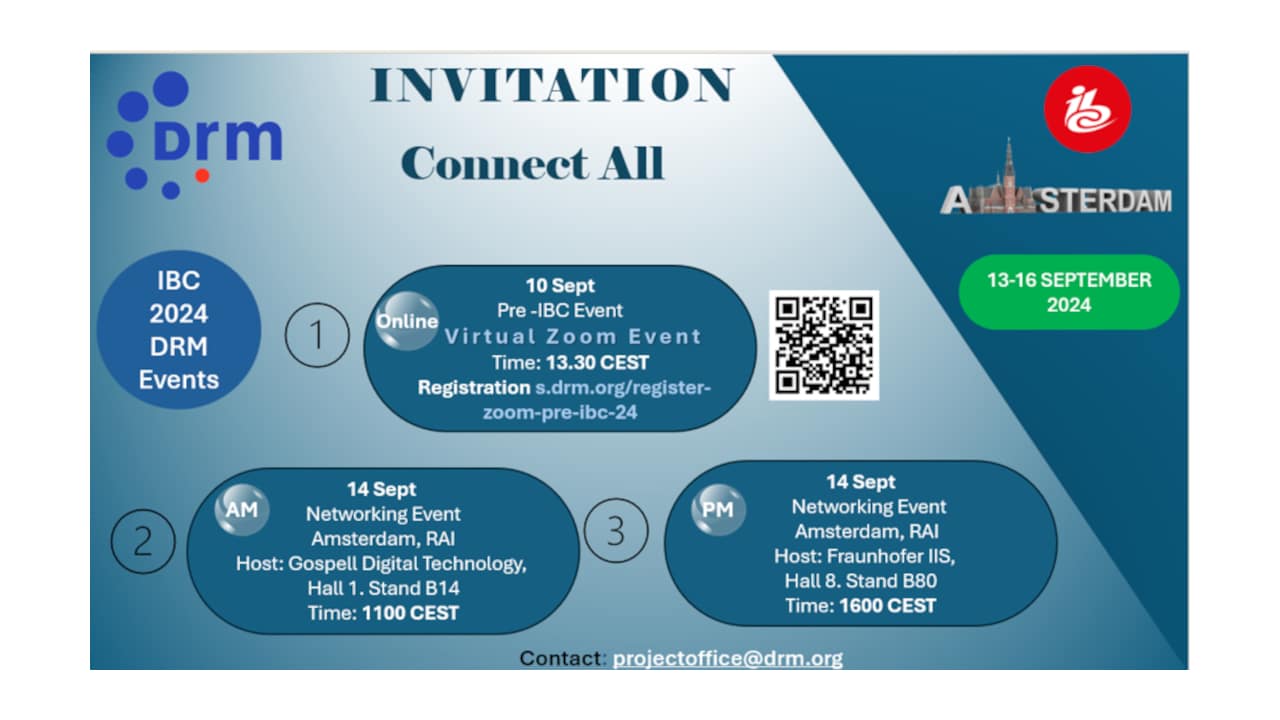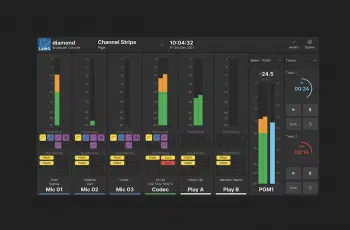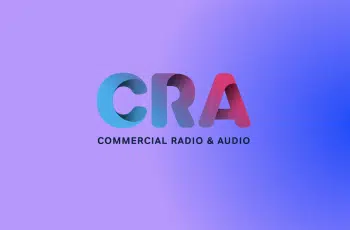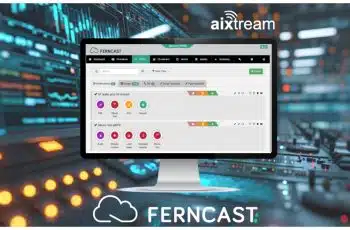LONDON — Ofcom, the United Kingdom’s media regulator, has awarded the first full-time small-scale DAB radio multiplex licenses.
Successful bidders have now been announced in nine of the 25 areas where licenses were advertised, from Glasgow in Scotland, to Salisbury and Winchester in the south of England.
Ofcom calls small-scale DAB “an innovative technology that provides a low-cost way for local commercial, community and specialist music services to take to the digital airwaves.”
Specific Criteria

The new seven-year licenses are awarded through a competitive process, with each applicant judged against specific criteria, such as the extent of the proposed coverage area and the group’s ability to establish the proposed service. The new licensees now have 18 months to launch their multiplexes.

Further awards for the remaining areas will be announced over the coming weeks. The second round of license areas, in northwest England and northeast Wales, will be advertised by the regulator in June.
In the university city of Cambridge, a full-time license has been awarded to Cambridge Digital Radio, which currently operates a similar trial DAB service, launched in September 2015. The company includes directors of the existing community station Cambridge 105 Radio, and commercial broadcaster Star Radio. It plans to launch the new full-time multiplex later this year.
“The current multiplex operates as a two-node Single Frequency Network,” said Steve Potter, director of Cambridge Digital Radio. “The main transmission site is located on the Gog Magog Hills just outside the city, with an on-channel repeater operating from a church tower in the city center.”
Some Changes

The trial license has provided valuable experience. “The on-channel repeater has not been as effective as we’d hoped,” Potter noted. “It’s a great solution, but it does require an environment where you can achieve a good degree of isolation between the receive and transmit systems. This has proved problematic at the church tower, and it has limited the amount of radiated power that the site can achieve.”

Potter said the new license will bring some changes. “We are required to move our operating frequency. We plan to retire the church tower and relocate to a new site within the city. The aerial systems will be revised to improve coverage, while ensuring continued compliance with the Ofcom radiation pattern. Our current plans are to continue to use the Open Digital Radio software solution and the Ettus Research software-defined radio.”
“We’ve also developed our own cloud-based encoder — which handles programming for a number of service providers across several multiplexes — and service monitoring system,” added Potter. “The hardware and software solutions defined and supplied by Ofcom as part of the trial have proved to be very reliable. The only issue we have had over the six-year period is a single cooling fan failure.”



